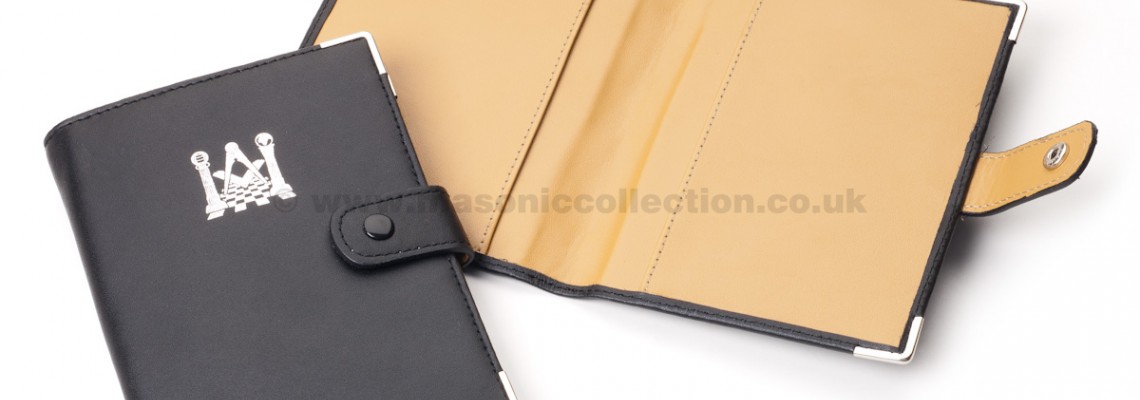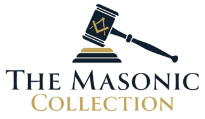
In a nutshell, the answer to the question on whether freemasonry is a religion or a cult is a debatable one, and will elicit a long and somewhat tiring discussion that would either end with a conclusion that will prompt yet another debate. Trace the paths through world history and attempt to inject modern information from current advocates and you are left with the same question unless you go straight to a mason for an obvious insight.
Historically, the freemasonry tradition is Christian in nature and for most parts has employed Protestants as its members, but masons claim that freemasonry is open to any individual who believes in a God who is supremely in charge. Movies would depict it as a “secret society” that performs rituals, wear elaborate masonic regalia and lord over high-profile personalities, the nature of which is unknown to non-members.
Briefly, freemasonry could be closely associated within the context of a fraternal organization. The basic unit is called a lodge. Lodges are governed and supervised by a Grand Lodge on a regional, state, provincial, or national level. Each lodge is dependent and meets on a regular basis based on a social calendar involving activities like charitable events or election of new members. Like any organization, there are officers that are either elected or appointed.
Freemasonry teems with symbolism and this is best applied to masonic paraphernalia or accessories like the masonic regalia. Those new to freemasonry or those who are set to join an order or degree, or anyone who needs to get a mason regalia as a gift for a mason can check online for shops that cater to such products.
The debate could continue and many will still be left without the answer they are looking for. But many would agree to let the masons practice their beliefs like any other religions that believe in a single Supreme Being.
